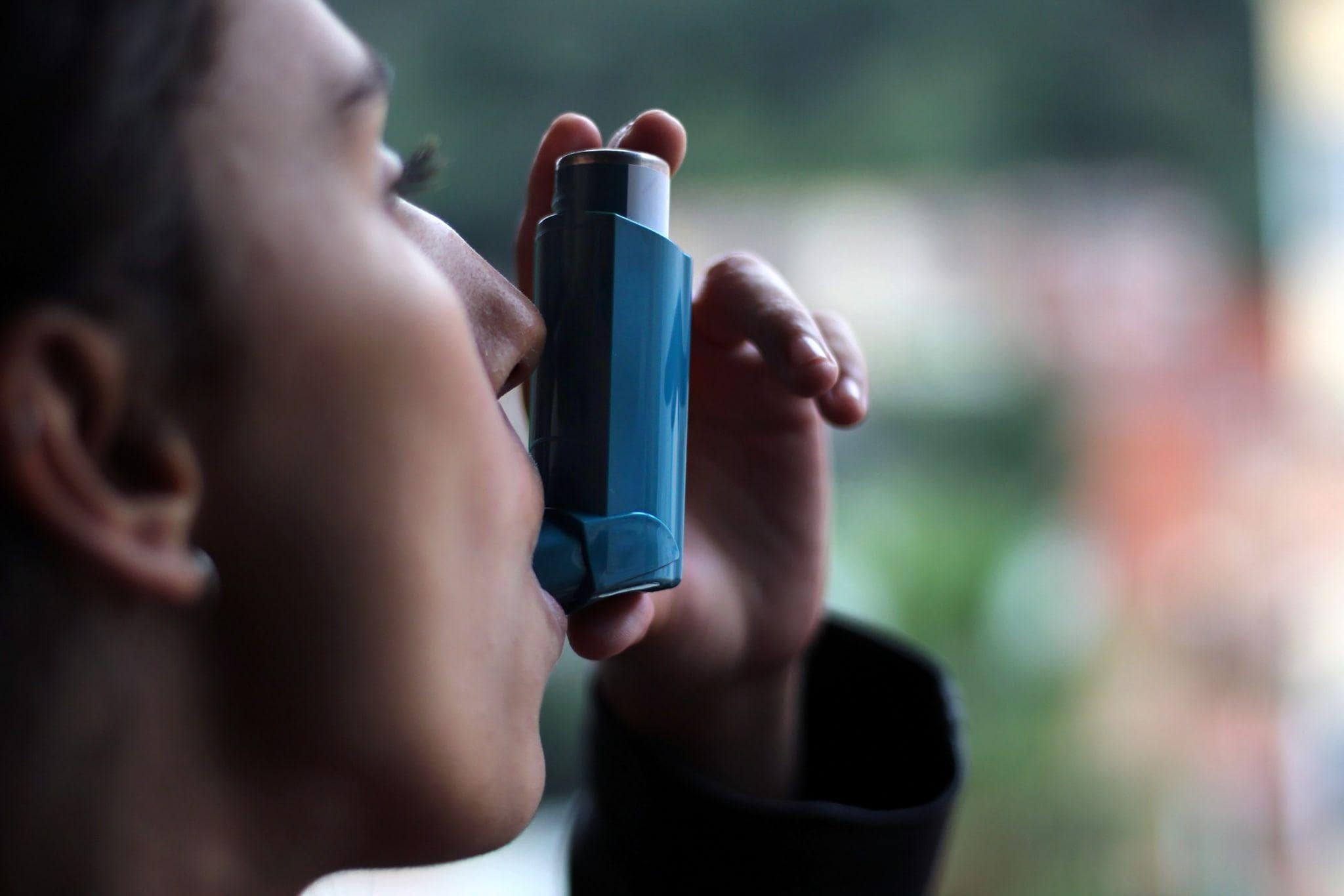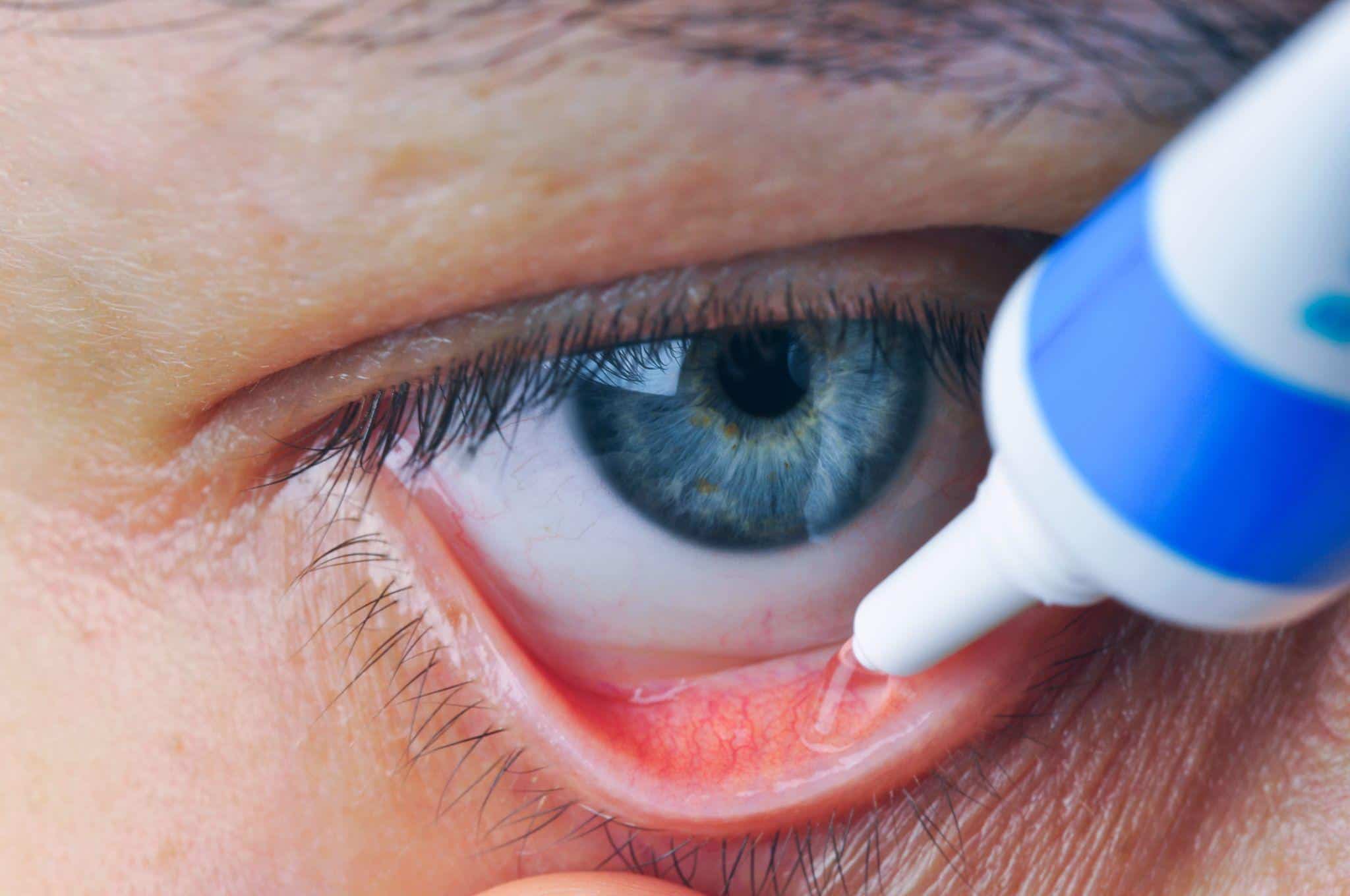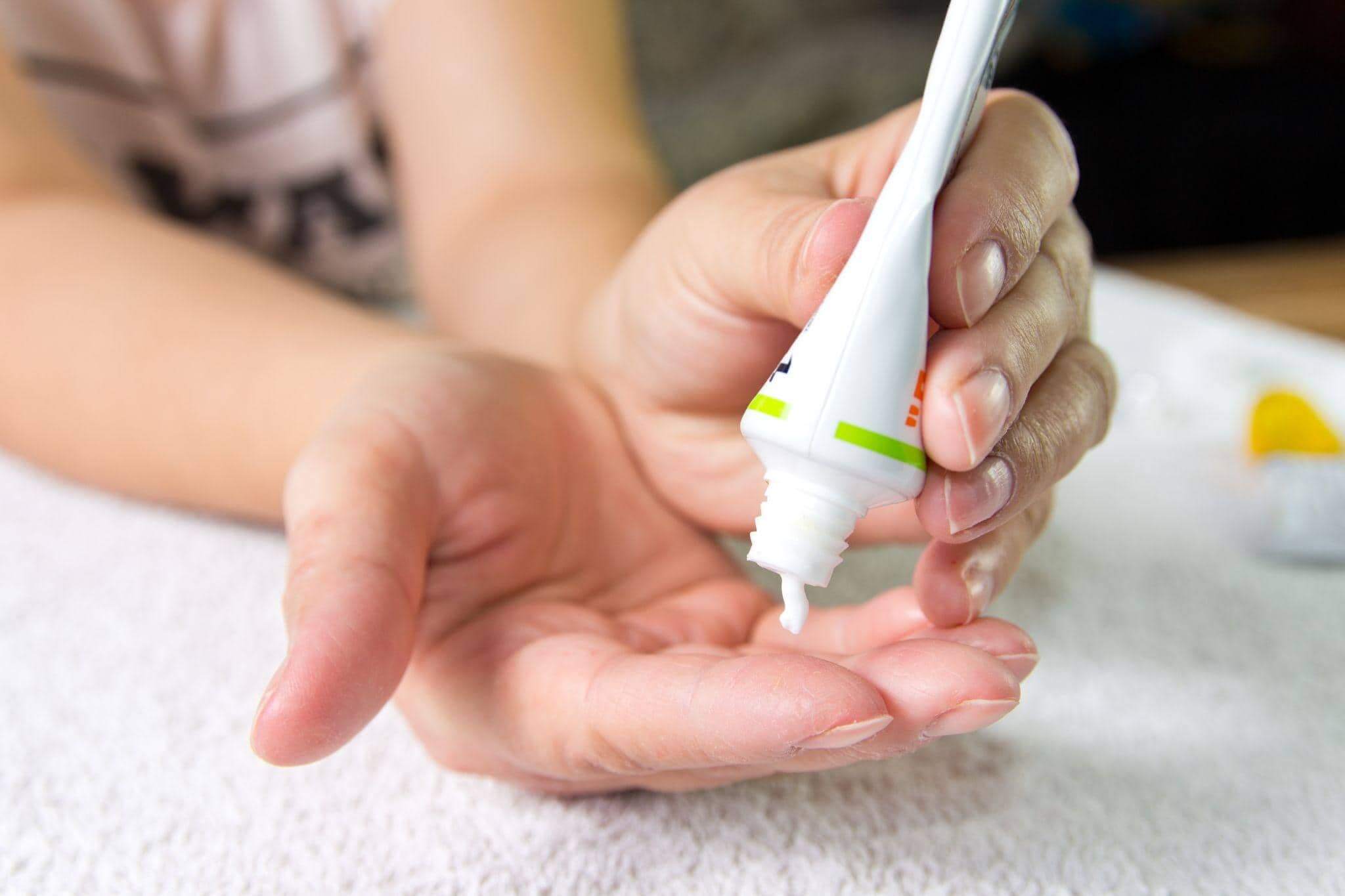Highlights
- Hydrocortisone is a topical corticosteroid used to treat various skin conditions.
- Hydrocortisone comes in several formulations, including topicals, eye drops, nasal sprays, inhalers, injections, and rectal suppositories.
- Common side effects include itching, redness, dry skin, headaches, nausea, and indigestion, among others.
- Individuals who are pregnant or breastfeeding, have certain medical conditions or fungal infections, or are planning to have surgery or receive live vaccines should take hydrocortisone with caution.
- There are 589 drugs that are known to interact with hydrocortisone, 78 of which are major interactions.
From insect bites and poison ivy to allergies and rashes, the skin can tell us a lot about our health. Dry skin, bumps, redness, and swelling are just a few tell-tale signs that something isn’t right. If you notice these symptoms, it might be wise to consult with your doctor about taking hydrocortisone. This medication is a gentle corticosteroid that can help treat skin conditions from the outside.
Here’s more on hydrocortisone, including what it’s for, how to use it, potential side effects, and precautions.
What Is Hydrocortisone and What Is It Used For?

Hydrocortisone is a synthetic steroid hormone that mimics the effects of cortisol, a hormone your body produces naturally. It has powerful anti-inflammatory and immunosuppressive properties.
This makes it effective for treating certain skin conditions, such as:
- Itching
- Redness
- Swelling
- Dermatitis
- Allergies
- Eczema
- Rashes
- Insect bites
- Poison oak/poison ivy
- Mouth ulcers
- Adrenal gland conditions
Hydrocortisone might also be used as a hormone replacement for individuals who do not produce enough of the stress hormone cortisol.
Cortisol was discovered in the 1930s, and the synthetic version was developed several years later. Hydrocortisone was one of the first synthetic versions of cortisol. It quickly became the drug of choice for inflammatory and autoimmune conditions, including allergies, arthritis, and skin conditions. It also proved effective for managing asthma.
In 1952, hydrocortisone gained FDA approval and became widely available for medical use. It continues to be a fundamental component in medical treatments and now takes multiple forms, including topicals and injectables.
Hydrocortisone is sold under many brand names, including:
- Ala-Cort
- Corticaine
- Cortizone-5
- Cortizone-10
- Dermarest
- IvyStat
- Keratol HC
- Pandel
- Westcort
How Does Hydrocortisone Work?
Hydrocortisone belongs to the drug class known as corticosteroids, which are hormones that affect the body’s response to stress and regulate various psychological processes.
One of its primary mechanisms of action is its anti-inflammatory effects. When the body comes into contact with harmful stimuli, such as infection or injury, immune cells release inflammatory mediators like cytokines. Hydrocortisone produces an anti-inflammatory effect by stopping inflammatory mediators. It also suppresses pro-inflammatory genes, reducing prostaglandins and leukotrienes that promote inflammation.
Hydrocortisone also acts as an immunosuppressant by inhibiting immune cells. This is especially important in autoimmune disorders, where the immune system mistakenly attacks the body’s own tissues.
Hydrocortisone stabilizes cell membranes and decreases the permeability of blood vessels. This helps to reduce fluid leaking into surrounding tissues, which leads to inflammation and swelling.
It also regulates glucose metabolism by promoting gluconeogenesis in the liver, which helps to maintain energy balance in stressful times.
What Formulas Are Available for Hydrocortisone?

Hydrocortisone comes in several formulas, including:
- Oral tablets: Commonly used for allergic reactions and autoimmune disorders
- Capsules: Commonly used for adrenal insufficiency, allergies, and autoimmune diseases
- Topical creams: Treats various skin conditions, such as bug bites, eczema, and dermatitis
- Ointments: Applied directly to the skin to alleviate skin-related problems
- Lotions: Designed for topical application to the skin
- Topical gels: Used to treat skin conditions and ideal when the patient desires a gel-like consistency
- Rectal suppositories and creams: Used to treat inflammatory conditions in the rectal area, such as hemorrhoids
- Injections: Useful for more targeted treatments, such as severe allergic reactions
- Eye drops and ointments: Used to treat eye conditions, such as allergic conjunctivitis or inflammation of the eye
- Nasal sprays: Provide targeted relief to the nasal passages
- Inhalers: Used to treat respiratory-related inflammatory conditions, such as asthma
The choice of formulation depends on the condition being treated and the route of administration.
Hydrocortisone Dosage and Administration
Hydrocortisone dosage and administration can vary depending on the formulation and reason for usage.
Generally, topical medications are applied 1-4 times per day to the problem area. Apply the cream, ointment, or lotion in a thin, even layer and only apply it to the target area.
Oral medications may also need to be administered multiple times per day. Daily dosages typically range from 20 milligrams to 240 milligrams for adults. Actual dosage will depend on the medical conditions being treated.
If taking granules, dosages are prescribed based on the body’s surface area and may range from 0.5 milligrams to 1 milligram divided into two to three doses per day.
Note that the dosage regimens below are general guidelines; only a healthcare provider can determine the appropriate dosage for an individual.
How Should I Take Hydrocortisone?

Hydrocortisone administration varies by formulation. You should follow your healthcare provider’s guidelines, but here are some general recommendations.
- Take at evenly spaced times based on the number of doses required per day to maintain a consistent level of the medication.
- Never crush or chew granules, capsules, or tablets.
- Do not stop taking this medication without consulting your doctor.
- Taking oral hydrocortisone with food may reduce the risk of an upset stomach; however, some hydrocortisone may be prescribed to be taken without food.
- Always follow your doctor’s recommended dosing schedule.
What Are the Potential Side Effects of Hydrocortisone?
As with all medications, hydrocortisone may create side effects. Common side effects include but are not limited to:
- Dry skin
- Itching
- Acne
- Rash around the mouth
- Unwanted hair growth
- Headaches
- Muscle aches
- Indigestion
- Nausea
- Vomiting
- Diarrhea
- Increased appetite
Less common but more serious side effects may include:
- Swelling of the hands, ankles, or feet
- Low adrenal gland function
- Stomach bleeding
- Mood changes
- Infection
- Increased blood pressure
- Allergic reactions
Report any side effects to your healthcare provider to see if you should continue taking this medication.
What Should I Avoid When Taking Hydrocortisone?
Avoiding certain foods and activities may reduce your risk of side effects when taking hydrocortisone. These include but are not limited to the following:
- Live vaccines
- Grapefruit
- Excessive alcohol use
- Other medications, including over-the-counter medications, vitamins, and supplements, without first speaking to your doctor
- Being in close proximity to those who have contagious diseases
- Foods that are high in salt
Always follow your healthcare provider’s instructions and discuss any questions or concerns when taking this medication.
What Should I Do If I Miss a Dose of Hydrocortisone?
If you skip a dose of hydrocortisone, take the dose as soon as possible unless it is almost time for your next dose. Never double up on doses to make up for a missed dose.
What Should I Do If I Overdose on Hydrocortisone?
If hydrocortisone is unintentionally swallowed, call the national poison control center at 1-800-222-1222. If the person is not breathing or has passed out, call 911.
What Precautions Should I Take With Hydrocortisone?

Before taking hydrocortisone, review the following precautions:
- Medication Interactions: Be aware that certain nonprescription or herbal products like aspirin, ibuprofen (Advil, Motrin), and naproxen (Aleve) may interact with hydrocortisone. Inform your doctor and pharmacist if you are using these medications before starting hydrocortisone. Discuss any potential changes with your healthcare provider.
- Allergies and Ingredients: Notify your doctor and pharmacist about any allergies you have, whether related to hydrocortisone, other medications, or ingredients in hydrocortisone tablets or granules. Request a list of these ingredients from your pharmacist.
- Medication List: Share with your doctor and pharmacist a complete list of both prescription and nonprescription medications, vitamins, dietary supplements, and herbal products you are currently taking or plan to take. Your doctor may need to adjust your medication doses or closely monitor you for side effects.
- Fungal Infections: If you have a fungal infection anywhere in your body (excluding the skin), consult your doctor before using hydrocortisone.
- Medical Conditions: Disclose any history of high blood pressure, mental illness (including depression), myasthenia gravis, osteoporosis, threadworms, seizures, tuberculosis, stomach ulcers, cataracts, glaucoma, or other eye issues, as well as any liver, kidney, intestinal, heart, or thyroid diseases. Additionally, inform your doctor of any untreated infections in your body or a herpes eye infection.
- Pregnancy and Breastfeeding: If you are pregnant, planning to become pregnant, or breastfeeding, inform your doctor. In the event of pregnancy while taking hydrocortisone, contact your doctor.
- Upcoming Surgery: If you have an upcoming surgical procedure, including dental surgery, let the doctor or dentist know that you are using hydrocortisone.
- Immunizations and Infections: If you have never had chickenpox or measles and have not been vaccinated against these diseases, disclose this to your doctor. Avoid contact with individuals who are sick, particularly those with chickenpox or measles. If you are exposed to or develop symptoms of these infections, promptly contact your doctor, as you may require treatment to prevent complications.
Contraindications

Some people should not take hydrocortisone. Others should use it with caution under close medical supervision.
Keep in mind that these lists are general guidelines. In special cases, doctors may feel the benefits of taking a particular medication outweigh the risks. If you are in one of these groups, talk to your doctor about your personal situation.
Who Should Not Take Hydrocortisone?
If you are allergic to hydrocortisone or any of its ingredients, you should not take this medication.
Also, if you have an active infection, hydrocortisone may not be recommended because it suppresses the body’s immune system.
Who Should Take Hydrocortisone With Caution?
Individuals with the following conditions should consult with their doctor prior to starting or continuing hydrocortisone:
- Pregnant or breastfeeding
- Cushing’s syndrome
- Diabetes
- Systemic fungal infections
- Planning to receive live vaccines
- High blood pressure
- Osteoporosis
- Psychiatric conditions
- Eye problems, such as glaucoma or cataracts
Children should also be closely monitored while taking hydrocortisone. The dosage should be appropriate for the child’s height and weight.
Are There Any Other Potential Drug Interactions With Hydrocortisone?
According to Drugs.com, a total of 589 drugs and supplements can interact with this medication. Of these, 78 are considered major.
There are 477 moderate and 34 minor potential interactions also reported for this medication. For the complete interactions list, see Drug Interactions Checker.
No list of potential drug interactions is complete, so let your provider know if you experience any new or unusual symptoms after taking this medication.
Be Informed about Hydrocortisone

Hydrocortisone is a well-known, well-documented medication that has been providing relief from skin conditions for many years. It may also prove effective for other uses, such as allergies or hormonal improvements.
However, no medication is without side effects, and hydrocortisone may not be right for everyone.
Now that you’re more informed about this medication, the next step is to find your hydrocortisone prescription at the most affordable price.
Get the Lowest Price for Hydrocortisone With BidRx
BidRX helps you find hydrocortisone and all your prescription medications at the lowest price. Share your prescription and let pharmacies compete for your business. Get the lowest price for hydrocortisone with BidRX – create your bid today!
This information is intended for general informational purposes only. It is not a substitute for professional medical advice, diagnosis, or treatment. Always seek the advice of your physician or other qualified health provider with any questions you may have regarding a medical condition or medication.
